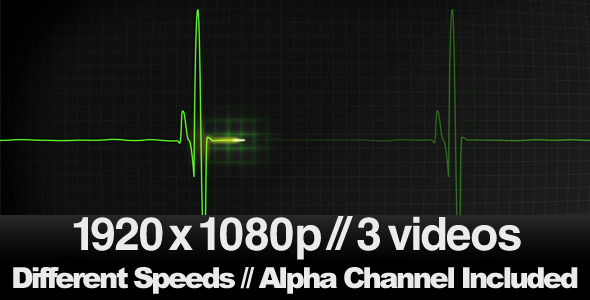Two years ago I had Mitral Valve Repair Surgery. I’ve struggled sometimes to know what’s a normal after-effect and what’s not. My Cardiologist assures me that my heart is just fine.

Heart Rate 100 Per Minute
The American Heart Association states the normal resting adult human heart rate is 60–100 bpm. Tachycardia is a high heart rate, defined as above 100 bpm at rest. Bradycardia is a low heart rate, defined as below 60 bpm at rest. During sleep a slow heartbeat with rates around 40–50 bpm is common and is considered normal.

I decided to join this forum because I wonder if other people struggle with insecurities about their ‘new normal’ after MVR and what I should or shouldn’t call the Dr about. My surgery really turned my world upside down and I’m surprised to be two years post-surgery and still feeling this way. - My need for surgery two years ago totally took me off guard. I knew I’d had MVP since I was a child but had no clue that my MV had deteriorated and was severely damaged. I didn’t have swollen ankles or shortness of breath so I had no idea that what I thought were ‘normal occasional feelings of tiredness, forgetfulness and fuzzyheadedness’ were not. I thought the occasional heart thump or arythmia I experienced were part of menopause. Since my surgery I’ve felt so much better. I can now recognize that I was having a lot of symptoms prior to my surgery and really needed the repair (because I didn’t really believe my Dr when he told me my valve was so damaged). I just struggle now with knowing when I do have an occasional time of feeling weak, have some arrhythmia, or hear my heart thumping in my ears after going upstairs, if it’s ok or not. Sometimes I feel like I could go to the Dr every week to be sure my heart is ok.
Normal Heartbeat Rate

Normal Heart Beat Ecg
Arrhythmia, also known as cardiac arrhythmia or heart arrhythmia, is a group of conditions in which the heartbeat is irregular, too fast, or too slow. The heart rate that is too fast – above 100 beats per minute in adults – is called tachycardia, and a heart rate that is too slow – below 60 beats per minute – is called bradycardia. Usually this is when your exercise heart rate (pulse) is 60 to 80% of your maximum heart rate. In some cases, your health care provider may decrease your target heart rate zone to begin with 50%. In some cases, High Intensity Interval Training (HIIT) may be beneficial.
